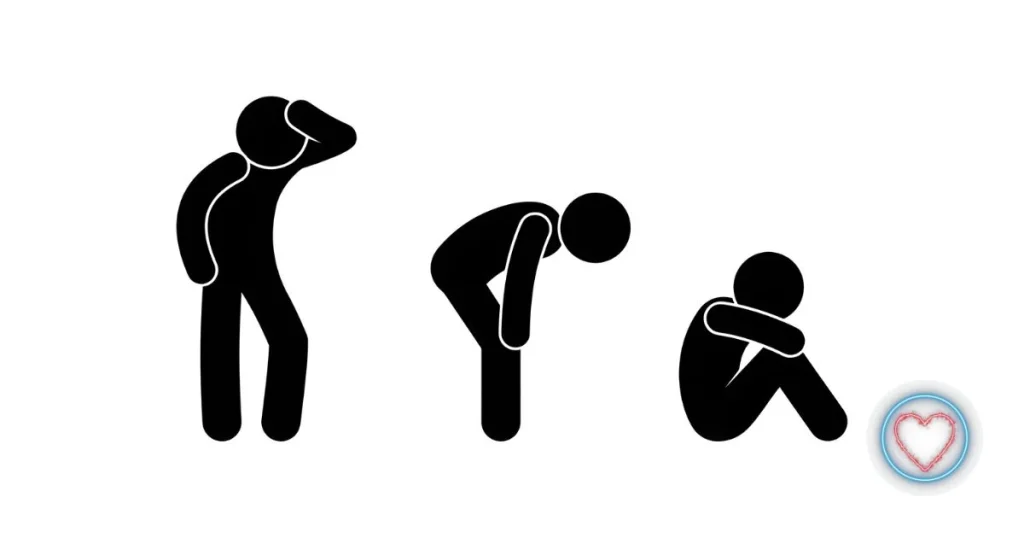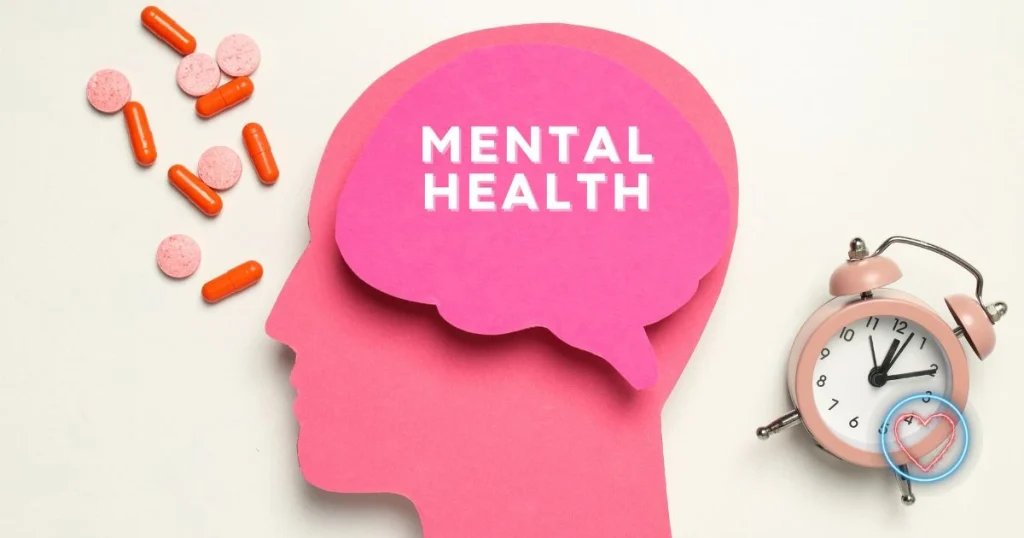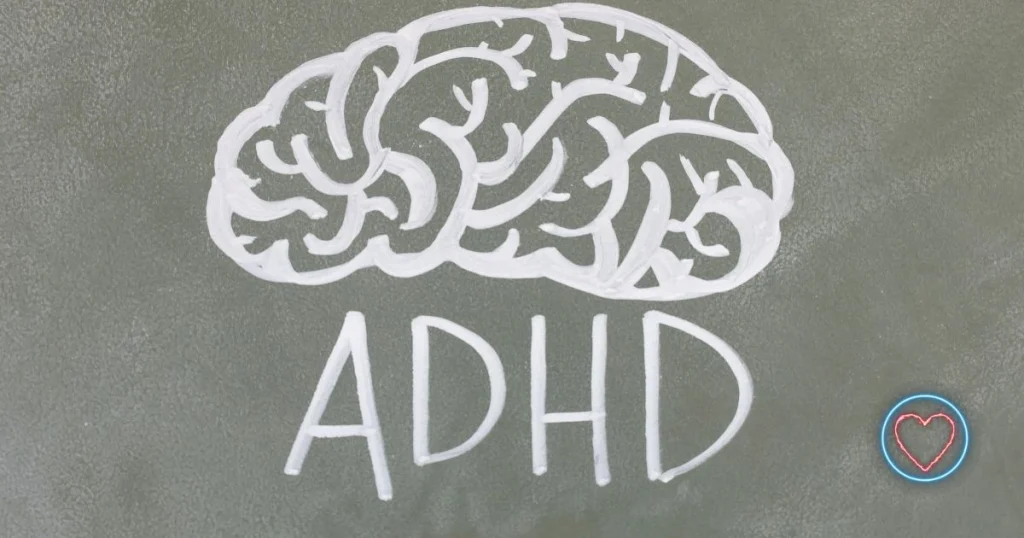In fitness, we’re often told to “go hard or go home”—but what happens when pushing too hard actually sets you back? Overtraining is a real and often overlooked problem that can sabotage your progress, compromise your health, and even lead to serious injury.
The tricky part? Overtraining isn’t always obvious. Many people suffer from it without realizing that their symptoms are red flags—not badges of honor. If you’re grinding at the gym day after day but feeling off, your body might be trying to tell you something.
Here are 20 signs you’re overtraining without realizing it—and why knowing them could save your gains, your goals, and your well-being.
1. You’re Always Tired—Even After a Full Night’s Sleep
If you’re logging seven to nine hours of sleep but still waking up exhausted, your central nervous system might be overstressed. Overtraining can disrupt your sleep cycles and lead to chronic fatigue, no matter how much rest you think you’re getting.
2. Your Performance Is Declining Instead of Improving
Are your lifts stagnating? Are your times getting slower? If you’re doing everything “right” but still getting weaker or slower, your body may be breaking down faster than it’s recovering.
3. You’re Constantly Sore
Some muscle soreness after a workout is normal, especially if you’re trying something new. But if you’re always sore—day after day—that’s not a sign of progress. It’s a sign that your muscles aren’t recovering properly.
4. You Get Sick More Often
Overtraining weakens your immune system. If you’re frequently catching colds, battling infections, or feeling “run down,” it might be your body’s way of waving the white flag.
5. You’re Moody, Irritable, or Anxious
Exercise affects your hormones and neurotransmitters, including dopamine and serotonin. When you’re overtrained, those chemical balances can go haywire, leading to mood swings, anxiety, and even depression.
6. You’ve Lost Motivation to Train
You used to look forward to your workouts. Now? It feels like a chore. If you’ve lost your love for fitness and you’re dreading the gym, it’s a strong emotional sign of burnout and overtraining.
7. You Can’t Fall Asleep—or Stay Asleep
Ironically, overtraining can lead to insomnia or restless sleep. Your nervous system is overstimulated, making it hard to shut off your brain or relax your body at night.
8. Your Heart Rate Is Higher (or Lower) Than Normal
Keep an eye on your resting heart rate. If it’s consistently higher than usual, that could be a sign of systemic stress. In some cases, elite athletes experience a lowered heart rate—but with fatigue and other symptoms, which still points to overtraining.
9. You’ve Hit a Plateau—And You’re Staying There
Progress in fitness isn’t linear. But if you’ve plateaued for weeks (or months) despite intense effort, your body may be in a stressed, inflamed state where growth simply can’t happen.
10. You’re Losing Strength and Muscle Mass
Yes, you read that right. Overtraining—especially without enough food—can lead to muscle loss. When cortisol (the stress hormone) stays elevated for too long, it breaks down muscle tissue and inhibits growth.
11. Your Appetite Has Disappeared (Or Gone Wild)
Overtraining can mess with your hunger hormones like leptin and ghrelin. Some people lose all appetite; others feel constantly ravenous. Either way, big appetite shifts could mean your system is off balance.
12. You Feel Unmotivated Outside the Gym Too
That low energy and irritability you feel isn’t just limited to workouts. Overtraining can spill into your work life, social life, and even relationships. Burnout is physical and mental.
13. You’ve Got Nagging Aches or Injuries That Won’t Heal
Training through pain is a surefire way to turn minor aches into major injuries. If you’ve got persistent pain, especially in joints or tendons, it’s a sign that your body needs rest—not another workout.
14. Your Workouts Feel Way Harder Than They Should
You used to crush those sets, but now even your warm-up feels like a struggle. If previously manageable workouts suddenly feel brutal, your central nervous system might be overloaded.
15. You’ve Got Digestive Issues
Chronic stress from overtraining can slow digestion and cause bloating, cramping, or constipation. If your gut feels off and you’ve ruled out food or illness, it could be due to chronic physical stress.
16. You’re Obsessed with Training and Feel Guilty Resting
Mentally strong doesn’t mean mentally obsessive. If you feel anxious, guilty, or panicked about taking a day off, that mindset may be fueling your overtraining cycle.
17. Your Libido Has Dropped
This is especially common with intense endurance training. Excessive exercise and low caloric intake can disrupt sex hormones like testosterone and estrogen, leading to reduced libido and even menstrual irregularities in women.
18. Your Skin Looks Dull or You’re Breaking Out
Yes, overtraining can even show up on your face. Stress hormones can cause inflammation, hormonal acne, and poor skin tone. If your skin’s looking worse despite a healthy routine, chronic stress may be to blame.
19. You’ve Stopped Making Progress—Despite Perfect Nutrition and Sleep
If you’re sleeping well, eating smart, and training consistently but still not improving, the problem isn’t lack of effort—it’s too much. Your body may simply need time to recover.
20. You Dread Taking Rest Days
One of the most telling signs? You feel like taking a day off will ruin your progress. But rest is when your body grows, repairs, and comes back stronger. If rest days fill you with anxiety, it may be time to reframe your fitness mindset.
Why Overtraining Happens
Overtraining isn’t just a result of too much exercise. It often stems from a mix of factors:
- Not enough recovery time
- Inadequate sleep
- Low calorie or nutrient intake
- Lack of variety in workouts
- High stress outside the gym
- Poor hydration
- Fear of “falling behind” or body image obsession
Many people think “more is better.” But the truth is: smarter is better.
How to Recover From Overtraining
If you see yourself in several of these signs, don’t panic. You don’t have to quit your fitness goals—just recalibrate. Here’s how to bounce back:
1. Take a Deload Week
Cut your training volume and intensity in half. Use lighter weights, shorter sessions, and focus on mobility or yoga.
2. Prioritize Sleep
Aim for 7–9 hours per night, and make it consistent. Your body recovers while you sleep—don’t rob yourself of that time.
3. Eat Enough
Make sure you’re eating to support your activity level. Focus on whole foods, enough protein, complex carbs, and healthy fats.
4. Hydrate and Supplement Smartly
Hydration is crucial, especially if you’re sweating heavily. Consider magnesium, B-vitamins, and adaptogens if recommended by a health professional.
5. Reassess Your Training Program
Balance intense workouts with adequate rest days. Include periodization (varying intensities and types of training) to prevent chronic strain.
6. Listen to Your Body
That voice telling you to skip leg day once in a while? It might be onto something. Recovery isn’t weakness—it’s wisdom.
Final Thoughts
Fitness is about progress, not punishment. And real progress comes from the combination of stress and recovery. If you’re overtraining, it doesn’t mean you’re broken—it means your body is asking for balance.
The strongest athletes aren’t the ones who never rest—they’re the ones who know when to. Listen to your body. Trust the process. And remember: rest is part of the work.




















